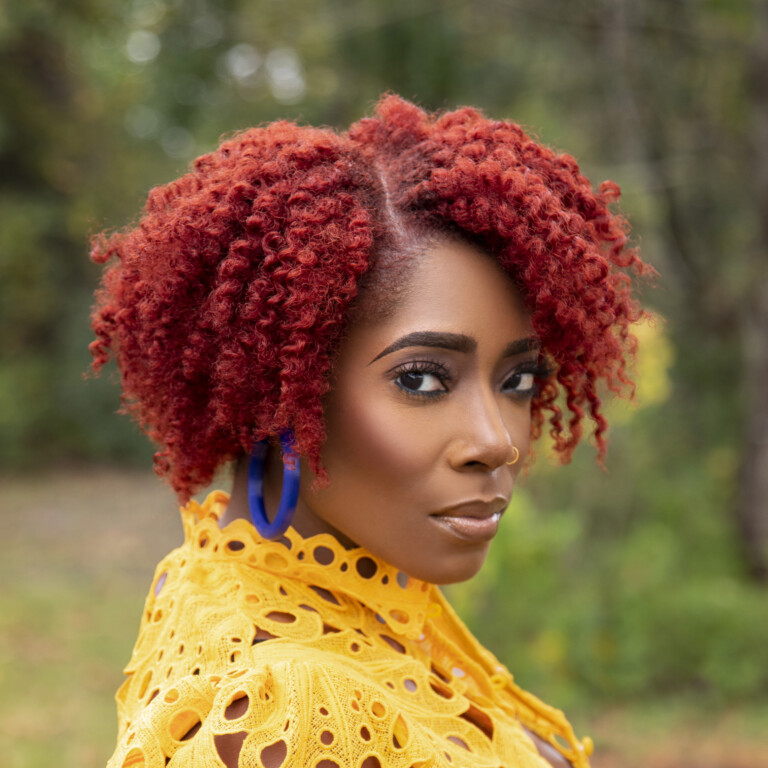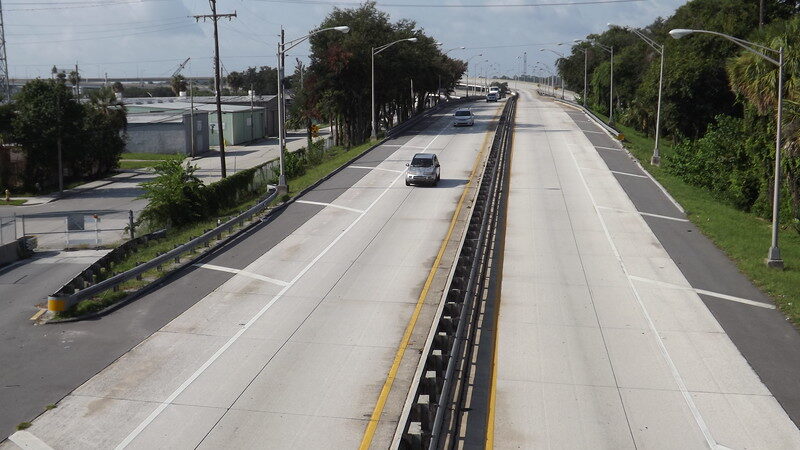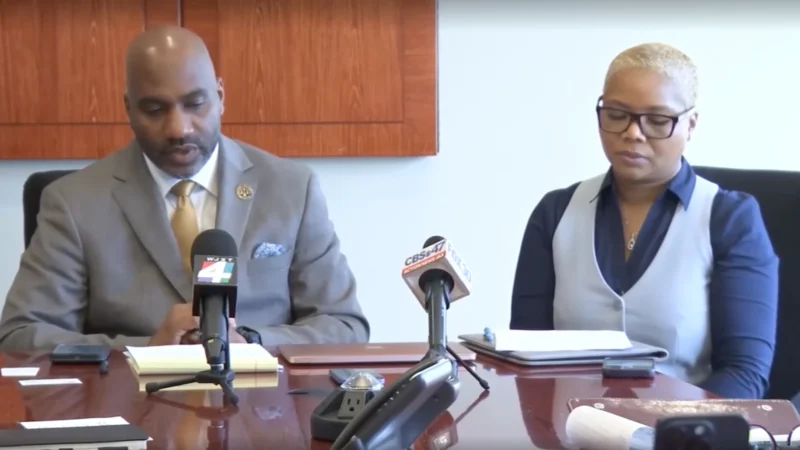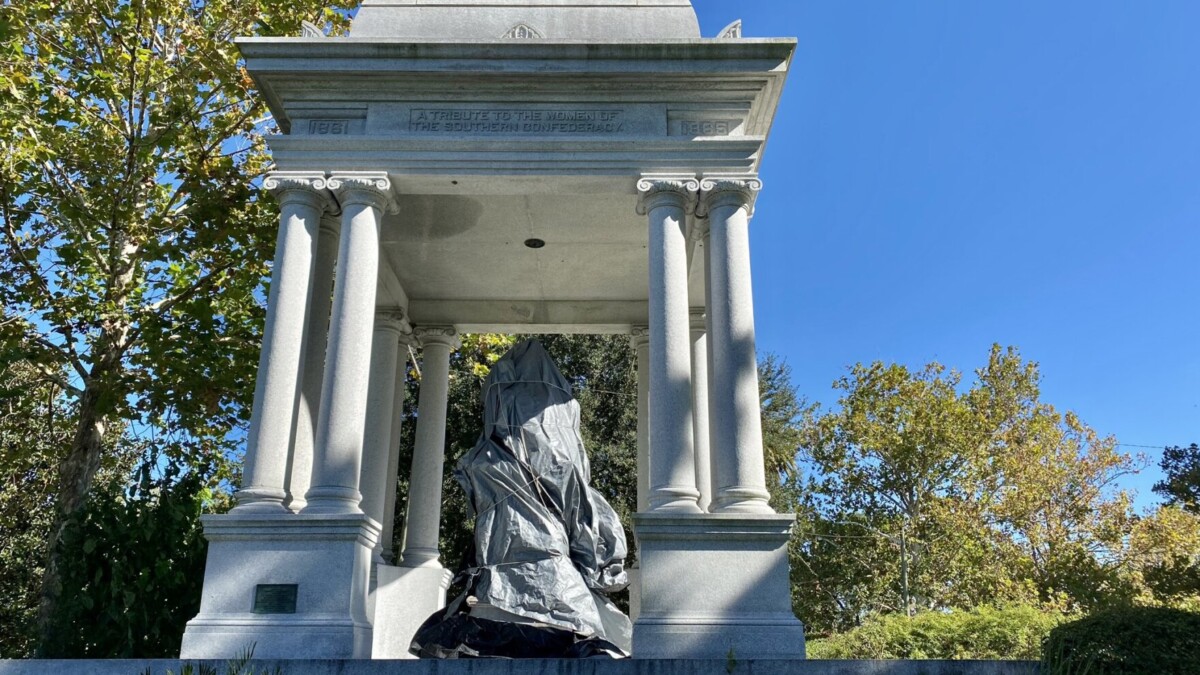
Thursday, most of us will gather together around tables in homes to share Thanksgiving dinner. I have often been struck by the fact that when I gather with my immediate family in Chicago or my extended family in New Orleans, the tables where we break bread are in homes situated in majority Black, if not all Black inner city neighborhoods. However, when my family visits me in Jacksonville and they sit at my table in my home, we are miles and several bridges away from Jacksonville’s urban core.
I live in the heart of a sprawling exurb, a developer-planned community complete with HOA fees and regulations my family must abide regarding when to pressure wash our driveway, paint our doors, and tend to our lawns of grass or mulch. The white picket dream of Leave it to Beaver suburbia has been my reality for nearly 10 years. But I know in my heart that if I had grown up in Jacksonville and had lived here all my life I more than likely would not call my current home, home.
Instead, I would be more familiar—perhaps even more comfortable—in neighborhoods on the North, West or East sides. Neighborhoods I’ve journeyed to, to meet up with friends at the now shuttered Bleu Chocolat, or teach at an after-school program at Jacksonville Arts & Music School, or serve on a panel at Edward Waters University, or take an African dance class at the old Stanton building. I’ve had to journey to my culture. I’ve had to journey to my people. I’ve had to journey to what would have been home had I been a true daughter of Duval.
Also by Nikesha Elise Williams: Take ‘Em Down
Jacksonville now has a unique opportunity to give these neighborhoods and communities long associated with struggle, with poverty, and the harms wrought by systemic racist policies the esteem they deserve. The esteem they were building in Reconstruction. The esteem they were promised just over 50 years ago during consolidation.
My fellow Jacksonville Today columnists from The Jaxson last week highlighted five infrastructure projects Jacksonville should pursue with the money the city will eventually receive from the recently passed Infrastructure Investment and Jobs Act. One of them is focusing on the “reconnecting communities” tenet of the law to restore communities ripped apart by highways built through them during Jim Crow. Highways built to bypass Black communities and take suburban commuters seamlessly from their homes to their workplaces without any integrationist interruption.
The federal government’s offer to help rectify these wrongs is of course contingent upon state and local governments’ wanting to rectify these wrongs. In Florida, the Republican-controlled Legislature may be less inclined. In Jacksonville, the mayor may be inclined because of the optics but constrained by City Council’s bureaucratic rigamarole.
The optimist in me hopes the cash infusion for infrastructure will be used to invest in these communities without gentrifying them, without pricing out the families who have lived there always. The realist in me sneers, files her nails, and says, “Let’s wait and see.”
This Thanksgiving, as our state and local leaders gather around the tables in their homes, it is my supreme hope that they think about where their homes are. The comfort and security they feel. As they say grace, what they are thankful for, or even go out to feed the unhoused, I hope they see the damage bad policy has done and envision the change better policy can bring.

Nikesha Elise Williams is an Emmy-winning TV producer, award-winning novelist (Beyond Bourbon Street and Four Women) and the host/producer of the Black & Published podcast. Her bylines include The Washington Post, ESSENCE, and Vox. She lives in Jacksonville with her family.






